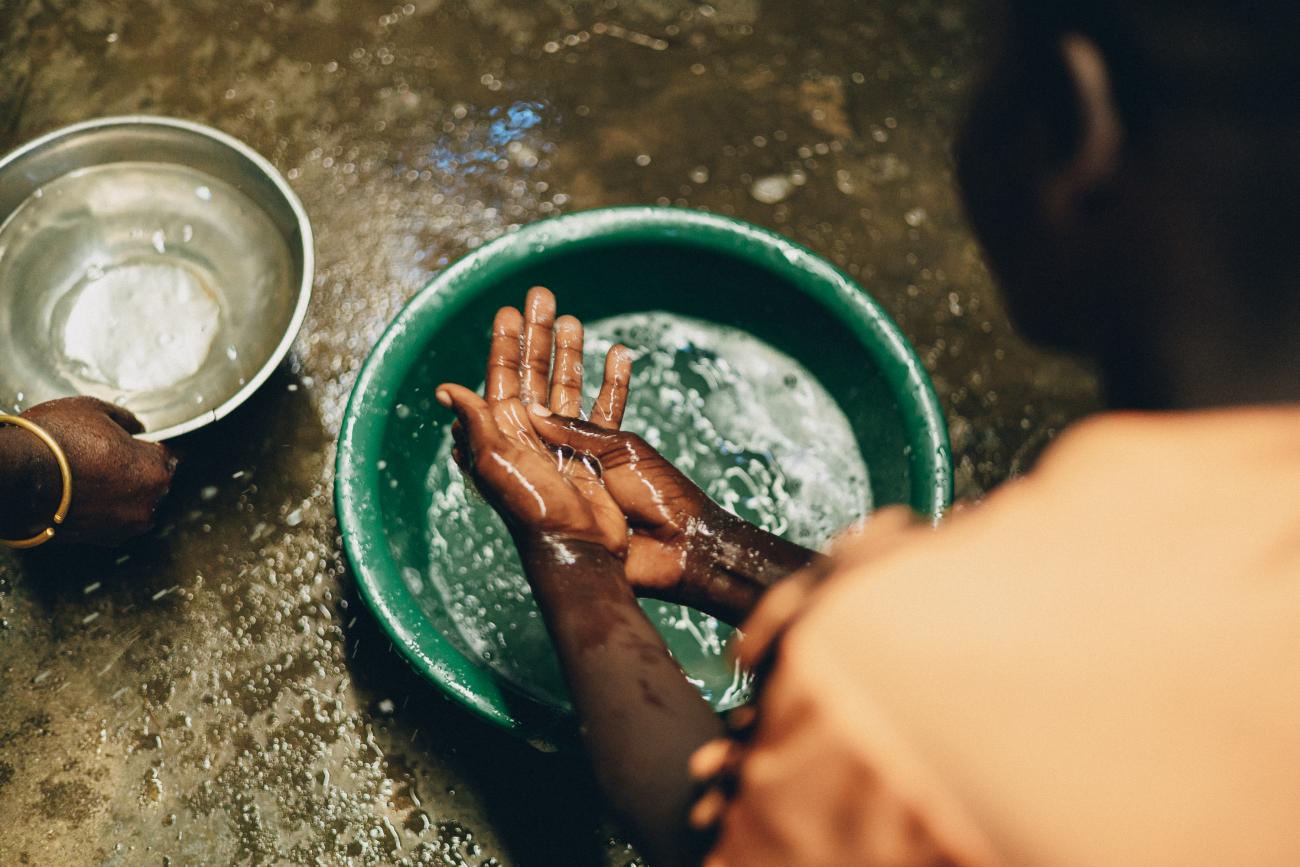Overcoming cholera in Zanzibar

.
Stone Town ‒ It was the deaths of his two children from cholera that spurred Ali Hassan Mambo, a resident and community leader of Urowa, a suburb of Zanzibar in the United Republic of Tanzania, to commit to do everything possible to curb the deadly disease. “It was a terrible time for me, and I fell into a deep depression,” he says of the deaths of his 13-year-old son and nine-month-old baby.
Zanzibar has experienced 17 recorded cholera outbreaks since 1978, recording more than 14 000 cases and more than 200 deaths. During the last outbreak, from 2015 to 2016, the government initiated a multisectoral response, incorporating all ministries.
The Revolutionary Government of Zanzibar invested in effective wastewater drainage systems and rolled out a comprehensive community sensitization programme on environmental sanitation and hygiene. Over 5000 hygiene kits and cholera information products were distributed to households, along with latrines and household cleaning equipment. The number of toilets in households increased from 59% in 2020, to over 70% by 2022. A continued education and social mobilization of communities in Unguja and Pemba was done through media, mobile vans, volunteers (Red Cross, ZAPHA+ and PIRO among others).
“Various ministries and partners helped us,” says Honorable Nassor Ahmed Mazrui, Zanzibar’s Minister of Heath, also commending World Health Organization (WHO) for strongly supporting the response to the most recent outbreak. We built infrastructure, cleared all blocked drainage systems, and increased the number of toilets in households. We commend World Health Organization (WHO); they stood firmly with us to eradicate cholera in Zanzibar.”
Under WHO’s incident management system, the team supported key pillars of the response, including coordination, surveillance, case management, infection prevention and control, water, sanitation and hygiene, and risk communication and community engagement. Additionally, WHO supported the establishment of one of the 11 cholera treatment centers in Zanzibar to ensure a swift response to the outbreak.
The result is that, for the past five years, Zanzibar has not recorded a single cholera case.
With support from WHO, the government also developed the Zanzibar Comprehensive Cholera Elimination Plan (ZACCEP), a multisectoral strategy to sustain the elimination of local transmission of cholera for a 10-year period, from 2018 to 2027.
Implementation of the plan saw the establishment of a strong surveillance system with the capacity to quickly detect any cases. After the 2016 outbreak, between 2017 and 2019, more than 155 health workers were trained to input cholera symptoms into the Integrated Disease Surveillance and Response system for quick verification and action.
Over 200 health care workers were also trained on how to minimize the spread of infections, using WHO’S water, sanitation, and hygiene guidelines.
To ensure sustainable community sensitization, over 120 student water, sanitation and hygiene clubs have been established in five districts in Zanzibar, with sanitation and hygiene imbedded into broadcast media messaging. With funding from Gavi, the Vaccine Alliance, and partners, WHO supported the administration of oral cholera vaccines to over 300 000 Zanzibarians between 2021 and 2022.
"Now, people are empowered and have an understanding of how cholera is caused and how to protect through hygiene, sanitation and taking care of themselves. The gains recorded so far will be sustainable because the government is taking the lead,” says Dr Andemichael Ghirmay Redae, WHO Tanzania’s Liaison Officer.
According to Mambo, community members like himself are now equipped with the correct information about water, sanitation, and hygiene practices at household level, to share more broadly among their communities.
That gives him a deep sense of satisfaction. “Cholera is no longer here; the joy is immeasurable,” he says.


